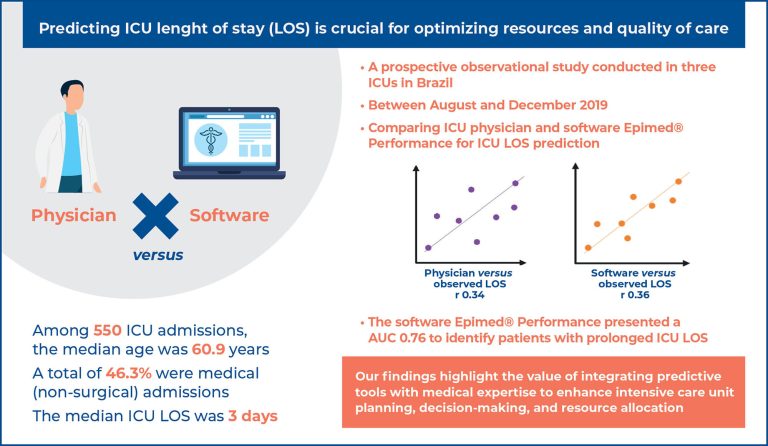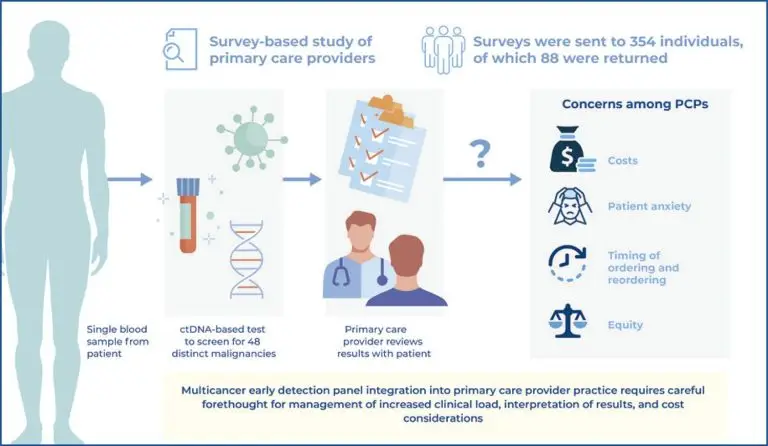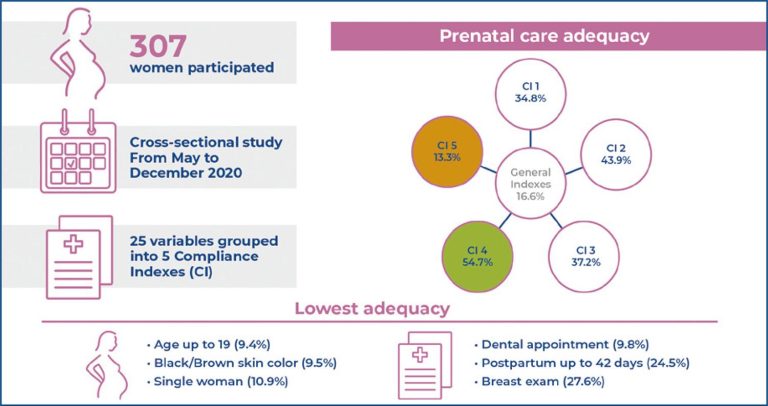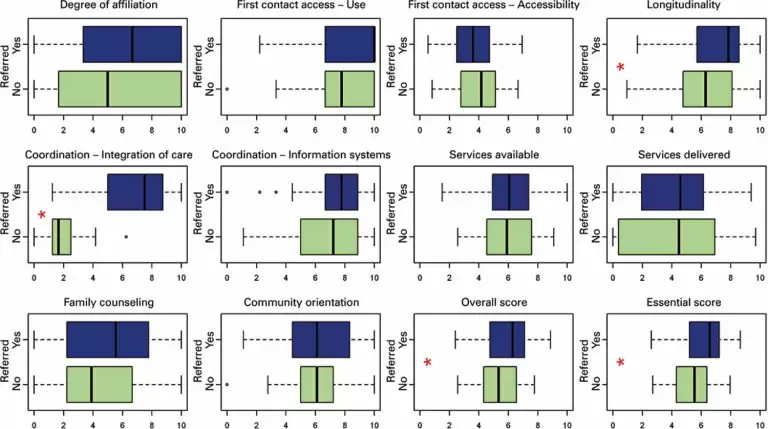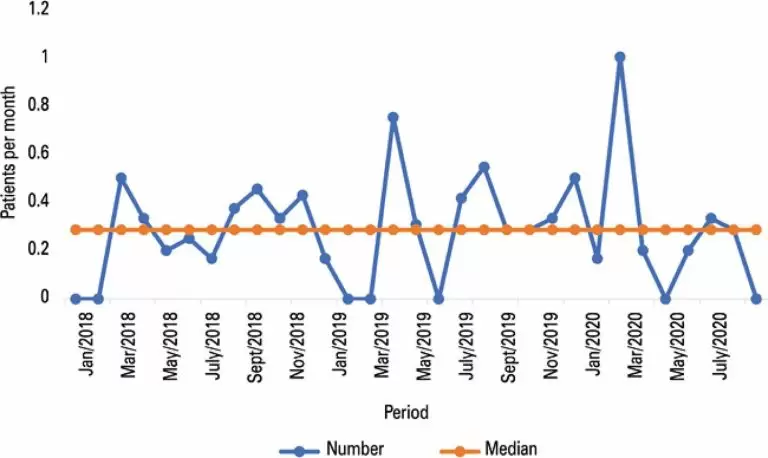25/Nov/2025
Predicting intensive care unit length of stay: comparing physician assessments with software predictions in a multicenter study
einstein (São Paulo). 25/Nov/2025;23:eAO1265.
View Article25/Nov/2025
Predicting intensive care unit length of stay: comparing physician assessments with software predictions in a multicenter study
DOI: 10.31744/einstein_journal/2025AO1265
Highlights ■ The sample included 555 patients from three hospitals (both public and private), representing diverse care settings. ■ Physician and software predictions showed moderate correlation with observed intensive care unit length of stay, highlighting limitations in absolute prediction accuracy. ■ Categorizing length of stay into time periods (<2, 2-5, >5 days) improved prediction accuracy to approximately 60% for both physicians and Epimed Monitor Performance®. ■ Epimed Monitor Performance® identified patients at risk of prolonged intensive care unit stay with […]
Keywords: Critical care; Data science; Databases, factual; Intensive care units; Length of stay; Prediction algorithm; Quality improvement; Quality of Health Care; Registries; Risk Factors
06/Aug/2024
Perspectives of primary care providers regarding multicancer early detection panels
DOI: 10.31744/einstein_journal/2024AO0771
Highlights Multicancer early detection panels are novel assays that allow screening for dozens of cancers using a single blood sample. Data on the optimal workflow for ordering, interpreting, and managing subsequent evaluations of multi-cancer early detection results are lacking. Primary care providers expressed concerns about the cost and management of subsequent evaluations for a positive multicancer early detection test. ABSTRACT Objective Multicancer early detection panels have recently become available to patients with healthcare provider prescriptions and available funds. These tests […]
Keywords: Delivery of health care; Early detection of cancer; Health equity; High-value care; Primary Health Care; Quality of Health Care; Surveys and questionnaires
25/Jul/2023
SWOT analysis to reduce surgical center idleness and increase revenue in a hospital
DOI: 10.31744/einstein_journal/2023GS0408
Highlights Reduction of idleness by 67.84% in the surgical center. Increase in the volume of surgical procedures. Increased revenues and profits. ABSTRACT Objective To reduce surgical center idleness by analyzing the competitive structure of the surgical center in a hospital, and thereby generate value in operations and increase hospital revenue. Methods The study used qualitative and quantitative methods and an action research approach involving the surgical center leadership of a small private specialized hospital in southeastern Brazil. We used […]
Keywords: Costs and cost analysis; Health management; Nursing; Organization and administration; Patient safety; Quality of Health Care; Surgicenters; Total quality management
25/Jul/2023
Quality assessment of prenatal and puerperium care
DOI: 10.31744/einstein_journal/2023AO0094
Highlights Efforts should be made to improve all aspects of prenatal care. The criteria used in this study were multidimensional and cover different aspects of care. Prenatal care must include recognition of socioeconomic and cultural differences among users. ABSTRACT Objective To evaluate prenatal and puerperium care levels received and identify their association with sociodemographic and obstetric characteristics. Methods This cross-sectional study was conducted from May to December 2020 and included women who gave birth at the Municipal Hospital of […]
Keywords: Family nurse practitioners; Outcome and process assessment (Health Care); Prenatal care; Public health; Quality of Health Care
22/Jun/2022
What are the implications of problem-solving capacity at Primary Health Care in older adult health?
einstein (São Paulo). 22/Jun/2022;20:eGS6791.
View Article22/Jun/2022
What are the implications of problem-solving capacity at Primary Health Care in older adult health?
DOI: 10.31744/einstein_journal/2022GS6791
ABSTRACT Objective To evaluate Primary Health Care attributes and analyze the association between the fulfilment of these attributes and problem-solving capacity of services for elderly patients. Methods A cross-sectional, observational, quantitative study. The Primary Care Assessment Tool, designed to assess Primary Health Care attributes, was employed to evaluate elderly users of Primary Care Units located in the south region of the city of São Paulo (SP). Results Many attributes assessed at the reference services were considered as unsatisfactory by users. […]
Keywords: Aging; Family practice; Health care quality, access, and evaluation; Health of the elderly; Health Services Accessibility; Health services for the aged; Patient satisfaction; Primary Health Care; Quality of Health Care
18/May/2022
Palliative care to cancer patients: how COVID-19 pandemic could affect quality of care
DOI: 10.31744/einstein_journal/2022AO6459
ABSTRACT Objective To evaluate the impact of COVID-19 pandemic on the care delivered to hospitalized cancer patients in end-of-life. Methods A retrospective analysis of data of hospitalized patients with advanced solid tumors, who died under exclusive palliative care during first wave (March 2020 to July 2020) compared with the period previous pandemic (January 2018 to February 2020). Results A total of 190 oncologic patients were included, 161 patients before the pandemic, and 29 in the period from March 2020 to […]
Keywords: Betacoronavirus; Coronavirus infections; COVID-19; Neoplasms; Palliative care; Quality of Health Care; SARS-CoV-2
01/Feb/2019
Evaluation of the quality of Primary Health Care services for children: reflections on the feasibility of using the Brazilian version of the Primary Care Assessment Tool as a routine assessment tool
einstein (São Paulo). 01/Feb/2019;17(1):eAO4333.
View Article01/Feb/2019
Evaluation of the quality of Primary Health Care services for children: reflections on the feasibility of using the Brazilian version of the Primary Care Assessment Tool as a routine assessment tool
DOI: 10.31744/einstein_journal/2019AO4333
ABSTRACT Objective To assess the quality of the Primary Health Care services provided to children and the feasibility of using the Brazilian version of Primary Care Assessment Tool (PCAT-Brazil) as a routine quality assessment tool. Methods A cross-sectional study was carried out in Joanópolis, a small rural town in the State of São Paulo (SP), Brazil. Seven health professionals and 502 caretakers of children using the public health center were interviewed using the PCAT-Brazil, collecting data on the core and […]
Keywords: Brazil; Child; Primary Health Care; Quality of Health Care
30/Oct/2018
Efficiency in the operational process: reduction of incorrect entries and guarantee of compliance in the rendering of accounts
DOI: 10.31744/einstein_journal/2018GS4200
ABSTRACT Objective To verify the impact of the Lean Six Sigma methodology in reducing incorrect entries of non-appropriated revenues and expenses. Methods Process for the review and application of the Lean Six Sigma methodology between December 2015 and September 2016, in a high-complexity general hospital in the city of São Paulo (SP). Results A total of 3,756,814 (100%) entries were audited between December 2015 and September 2016. The Sigma level evolved over the course of the process and increased from […]
Keywords: Cost audit; Lean Six Sigma; Process review; Professional assessment; Quality of Health Care; Triple aim
06/Apr/2018
Assessment and enrolment process for liver transplantation: nursing management through quality indicators
DOI: 10.1590/S1679-45082018AO3975
ABSTRACT Objective To establish, measure and analyze quality indicators in the evaluation and enrolment process of patients in a liver transplant program. Methods A quantitative and non-experimental research, with data collected from the database of a liver transplant program, from September 2012 to September 2014. Descriptive statistics were used to analyze the quality indicators identified. Results We analyzed 1,311 visits in the transplant outpatient clinic, most males (66.7%), white (65.1%), mean age of 53 (±12.5) years, from the Southeastern Region […]
Keywords: Disease management; health care; Liver transplantation; Patient selection; Quality indicators; Quality of Health Care
01/Oct/2016
Quality Program: what influences the opinion of nursing team
DOI: 10.1590/S1679-45082016GS3615
ABSTRACT Objective To analyze the major impact variables in the opinion of nursing staff about the Quality Program of a teaching hospital. Methods An exploratory-descriptive study was performed with 72 nursing staff. Data were collected through self-administered questionnaire containing 24 statements about the Quality Program; and the degree of agreement of the participants was expressed in a Likert scale. The collected data were analyzed by factor analysis and Pearson’s correlation coefficient. Results The analysis grouped the statements in six factors. […]
Keywords: Health management; Nursing staff hospital; Nursing, team; Quality management; Quality of Health Care; Working Conditions


